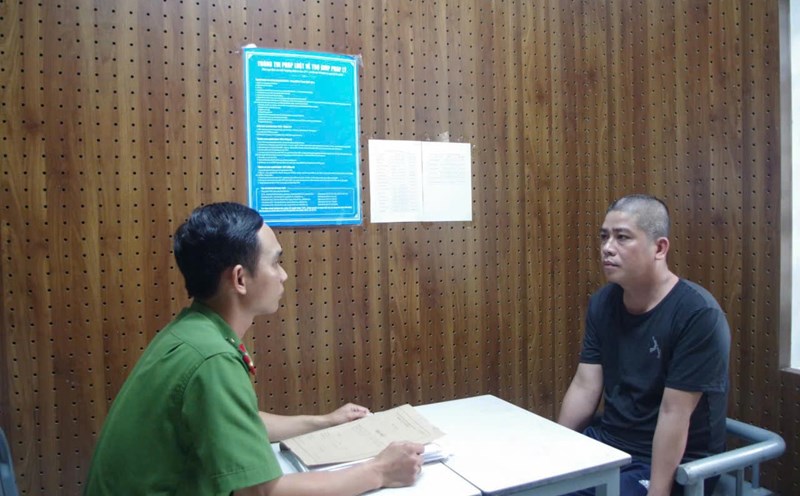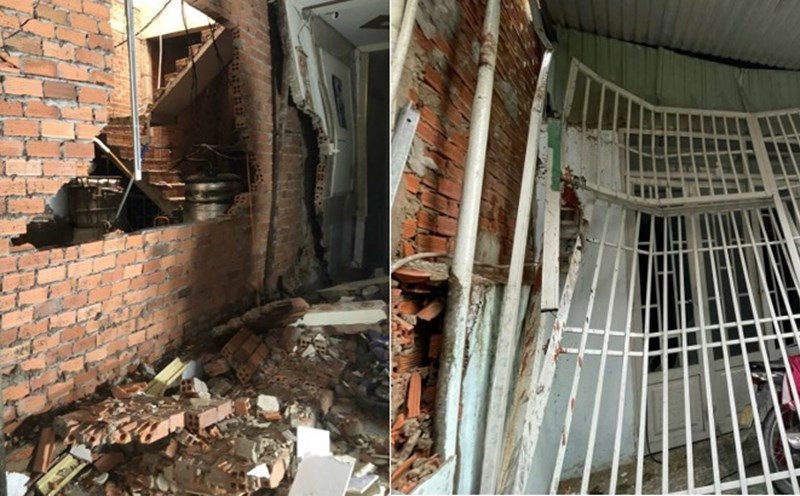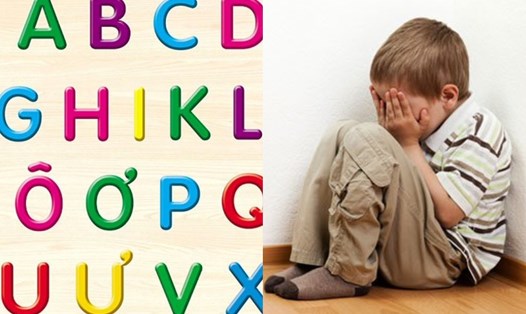When children are 3 years old, many children do not know how to speak or refuse to speak, and some children do not even react to surrounding sounds.
This can be a sign or sequela of underlying diseases, causing many parents to feel very worried about the journey to regain sound for their children.
Ms. Nguyen Thi Thuy Hang (District 4, Ho Chi Minh City) is always worried because her child is slow to speak. According to Ms. Hang, her child is 3 years old this year but is very slow to speak, only able to say a few words.
Currently, the child does not go to school but only stays at home, making the family very worried about whether the child has any illness or not and how to make the child talk more.
To learn more about her child's condition, Ms. Hang took her child to the University of Medicine and Pharmacy Hospital in Ho Chi Minh City for examination and clinical tests. The results showed that the child had speech delay and needed active intervention.
Dr. Nguyen Thuy Minh Thu, Pediatrics - Immunization Clinic, University of Medicine and Pharmacy Hospital, Ho Chi Minh City said: "For a 1-year-old child, usually the child will be able to say a single word, and strangers can understand about 25% of what the child says.
A 2-year-old child will be able to say two words, and strangers will understand about 50%. A 3-year-old child who cannot say a phrase of 3 words, and strangers do not understand about 75% of what he or she says, can be identified as having a speech delay.
Speech delays can have biological or environmental causes. Biological causes can include hearing problems - if you can't hear well, you can't speak well.
Some speech pathologies such as cleft lip, palate, tongue-tie, etc. also cause children to speak slowly or have a lisp.
In addition, neurological problems in children with medical conditions such as epilepsy, cerebral palsy, or autism spectrum disorders can also lead to delayed speech.
Factors from the social environment can also affect a child's ability to speak. For example, too much exposure to electronic screens can lead to speech delays, or children living in a multilingual environment.
Currently, to intervene for children with speech delay, depending on the cause, the child will receive appropriate treatment.
If your child has a hearing problem, he or she will be fitted with a hearing aid to improve hearing function and language comprehension.
If the cause is due to the social environment, the child will receive speech therapy, speech therapy, treatment for speech disorders and increased social interaction.
In particular, with autistic children, in addition to slow speech, there is also the problem of poor social communication harmony, requiring intervention with language therapy and psychomotor therapy.











